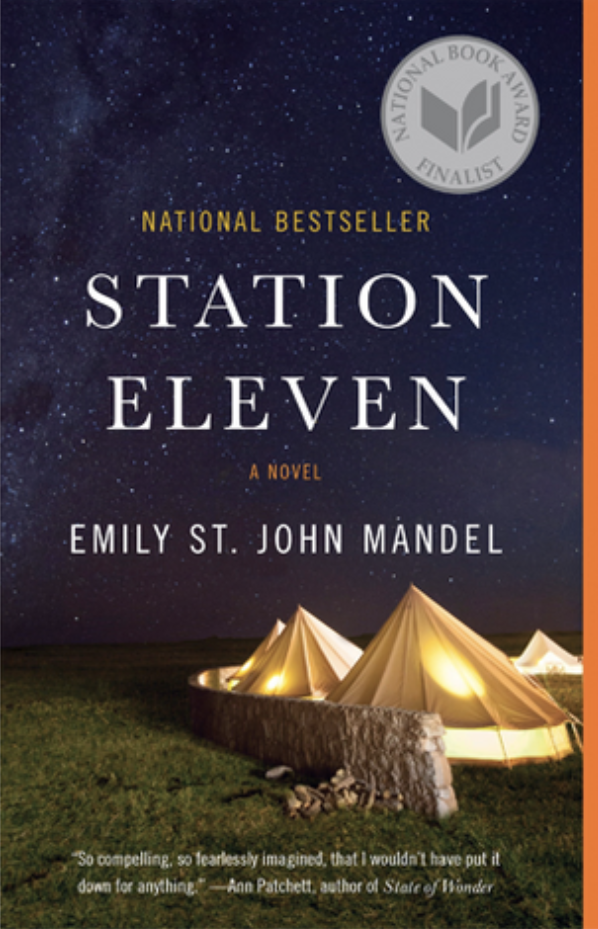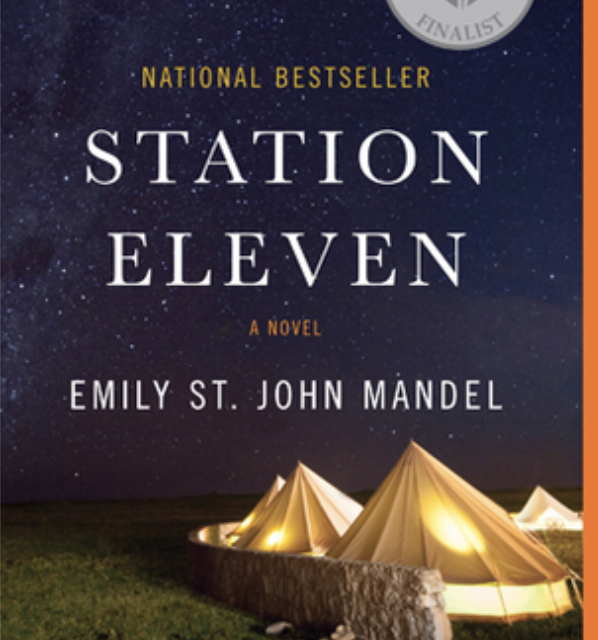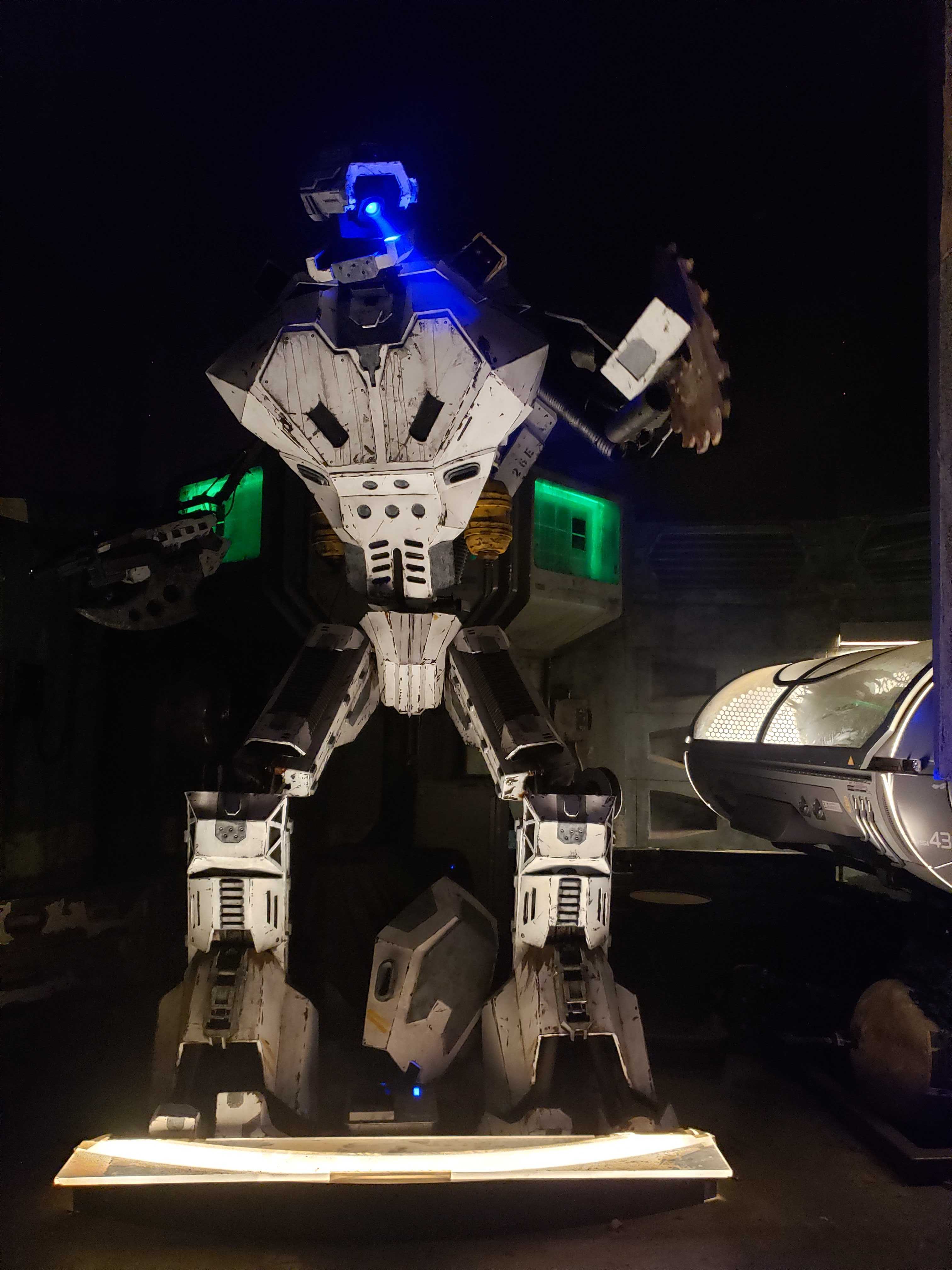“If there are again towns with streetlights, if there are symphonies and newspapers, then what else might this awakening world contain?”
“Station Eleven” is a speculative, enlightening and startling twist on the typical apocalypse novel. In a devastating post-pandemic world, Mandel theorizes how humanity would restore the arts, develop culture and document the history of a world that can never be exactly the same.
In Emily St. John Mandel’s imaginative dystopia, less than 1% of the population has survived the Georgia Flu. Civilization has been completely destroyed. Well, almost.

Courtesy of emilymandel.com
The characters in the world of “Station Eleven” salvage what they can of society, and Mandel weaves together the narratives of a traveling Shakespearean group, a famous Hollywood actor, a graphic novelist and a would-be paramedic.
While “Station Eleven” includes the classic elements of a survival story — foraging for food, building shelters, scavenging for supplies in abandoned houses — it also explores the less tangible aspects of survival, like art and culture.
Mandel’s allusions to Shakespeare, such as quotes from “King Lear” and “A Midsummer Night’s Dream,” explore the core of humanity in an unpretentious and comprehensive way. Even if you are not familiar with Shakespeare, Mandel’s lines will resonate. Mandel argues that Shakespeare is the universal epitome of human emotion and behavior, and she succeeds.
The characters are where the beauty of the book shines. Each character in the novel is unabashedly human. Their decisions are morally ambiguous, and the prose navigates relatable desires and emotions. Each chapter, narrated from several perspectives, serves as another piece of the puzzle, allowing readers to understand how each character connects to the others.
In 2021, HBO Max released a TV adaptation of the book that maintains the same haunting mood and insightful dialogue. The show does take some creative liberties with the characters’ ultimate resolutions, but these are clever changes that only further the themes Mandel presents in her book.
Even though it was published in 2014, this novel feels especially raw amid the ongoing COVID-19 pandemic. The piece invokes the most innate inspirations of the human species, and it seems to be an accurate portrayal of what ravaged civilization might be. emi
Rating: 4/5 stars
Miranda Wilson (she/her) (25C) is studying international and Chinese studies. As well as writing for the Wheel, she is part of the Barkley Forum competitive debate team and the Emory Journal of Asian Studies. In her free time, she enjoys reading, watching movies and doing crosswords.






